(C) Kapok Tree Diplomacy. Oct 2010. All rights reserved. Jeff Dwiggins.
Essay consists of 11 pages, double-spaced + 26 references (3,293 words)
Table of Contents (TOC)
I. Introduction
A. Summary of the Sources and Causes of the Conflict
B. Background
II. Actions of the Main Actors
A. France
B. Burkina Faso
C. The United Nations (UN)
III. United Nations Operation in Côte d’Ivoire (UNOCI)
IV. UN Security Council (UNSC)
A. ECOWAS and the African Union (AU)
B. FN Zone Commanders
C. Independent Electoral Commission (CEI)
D. President Laurent Gbagbo and his party, the Front Populaire Ivoirian (FPI)
E. Prime Minister Guillaume Soro and the Forces Nouvelles (FN)
F. The World Bank (WB)
V. The Ouagadougou Political Accord (OPA)
A. Genesis of the OPA
B. Key Components
PREVIEW
Actions of the Main Actors
France. After a failed military coup on September 19, 2002, France quickly moved 700 troops into Côte d’Ivoire under a 1961 pact obligating it to defend its former colony from any external invasion (Kohler 31). But France also had 16,000 citizens and 210 subsidiaries of French companies (Kohler 31), in addition to $3.5 billion Euros in direct investment in industries like oil, gas, banking, pharmaceuticals and telecommunications to protect (Busch 52).
Rather than support either side, France opted for a ‘neutral’ strategy of “a mere interposition of its troops between the warring parties in the newly formed buffer or confidence zone” (Bovcon). While this strategy may have been designed in part to force the sides to the negotiating table and not act unilaterally (Bovcon), the consequences of not thoroughly beating back the rebels when they had the chance early on had consequences that persist to this day. It can be argued that by establishing the east-west ceasefire line too far south, France ignored festering rebel groups in the central-west who repeatedly broke through the line. The north was able to effectively dig in their heels while France ‘protected’ them.
Of course, one could also say that France’s ambivalent policies of ni ingérence, ni indifference (neither interference nor indifference) tacitly allowed decades of uneven economic development while ignoring simmering ethnic, political and economic problems leading up to the civil war (Vaisse 6). By outsourcing their security needs to France, the small and ill-equipped Ivoirian army was highly vulnerable to rebel forces (Vaisse 4). In a sense, France helped create the conditions for the initial hostilities as well as the structure for their indefinite continuation. By playing both sides of the conflict consistently since 2002, France will maintain their influence through established relationships no matter who wins the 2010 elections (Bovcon).
Burkina Faso. For Burkinabè President Compaoré, the conflict has come full circle. From financing rebel forces throughout the conflict (Kohler 28), Compaoré ended up as the ‘surprise’ final arbitrator in the OPA negotiations. Maybe it’s not such a surprise when one considers Compaoré’s investment in the safety of roughly four million Burkinabès living in Côte d’Ivoire, who provide a “stable flow of financial remittance back to Burkina Faso,” growing discontent and infighting within the FN, and his chairmanship of ECOWAS and “window of opportunity to be perceived as a peacemaker” (Ayangafac “Peace” 28).
The posts, views and opinions expressed on this site are completely my own and do not represent the views or opinions of the Department of Defense (DoD), the Department of the Navy (DON) or any of the Armed Forces.
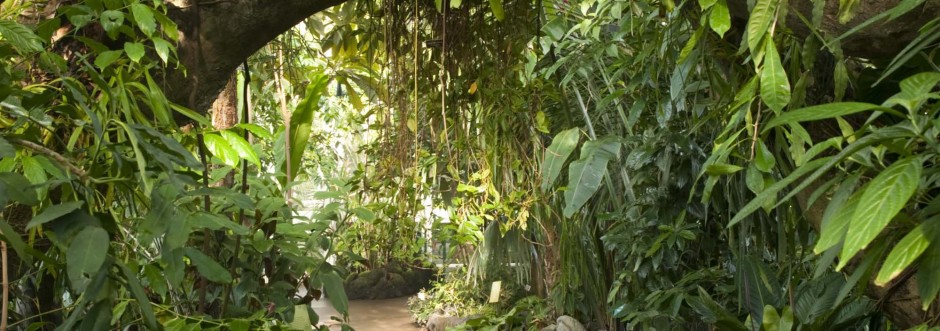
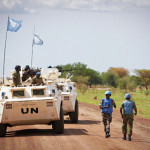
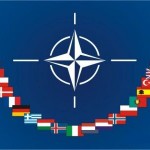
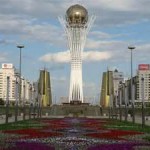
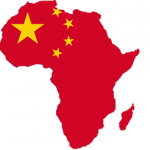
Leave a Reply